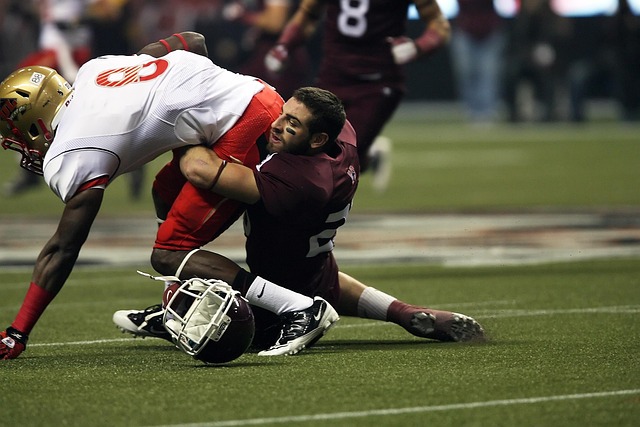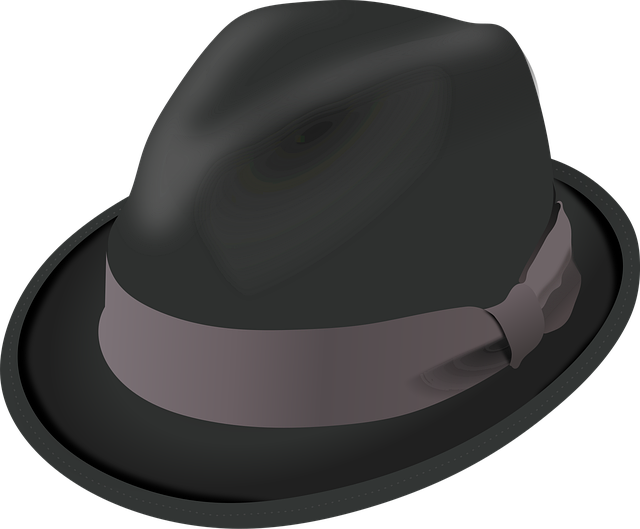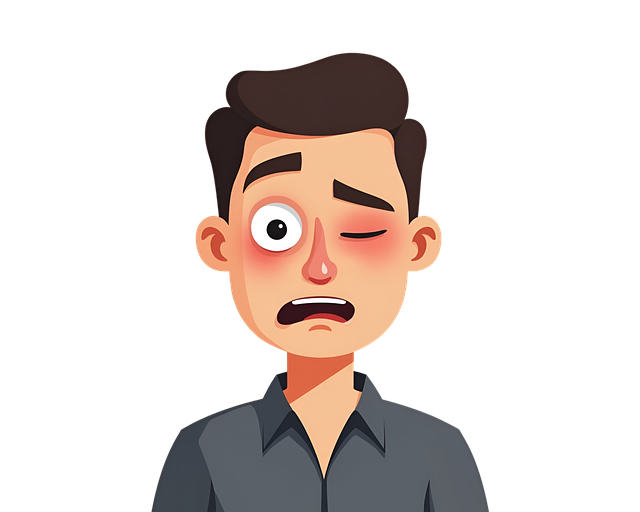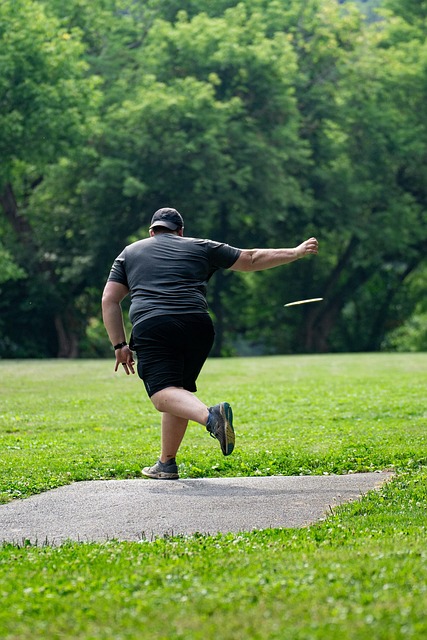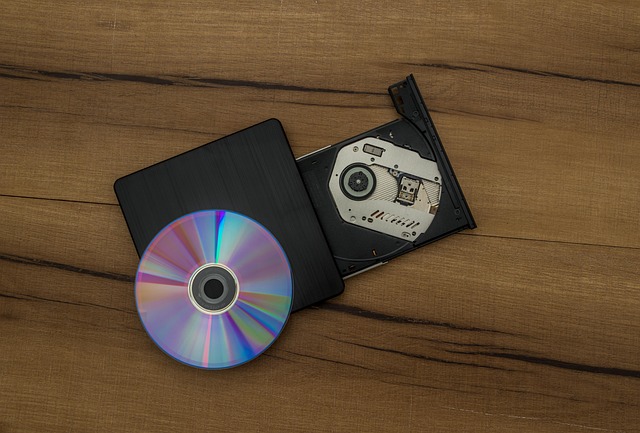Chiropractic management is a popular and effective non-invasive approach for healing herniated discs resulting from rear-end collisions (post-car crash injuries). Chiropractors use techniques like spinal adjustments and joint manipulation to reduce disc pressure, promote healing, and restore mobility, avoiding surgery. Prompt post-crash care can mitigate inflammation and prevent further damage. Regular chiropractic sessions aid in restoring spinal alignment for optimal recovery from herniated discs and related symptoms. Along with guidance on posture, exercises, and lifestyle changes, physical therapy, medication, and alternative therapies like acupuncture and massage can offer temporary symptom relief and improve overall stability.
After a rear-end collision, healing from a slipped disc can seem daunting. This comprehensive guide explores the role of chiropractic management in treating herniated discs resulting from post-car crashes. We delve into effective treatments for pain relief and healing, offering insights on natural remedies and techniques to restore your body’s alignment and well-being. Learn how to navigate the recovery process and reclaim your mobility with expert advice tailored to your needs.
- Understanding Chiropractic Management for Herniated Discs
- Post-Car Crash Recovery: A Comprehensive Guide
- Effective Treatments for Pain Relief and Healing
Understanding Chiropractic Management for Herniated Discs
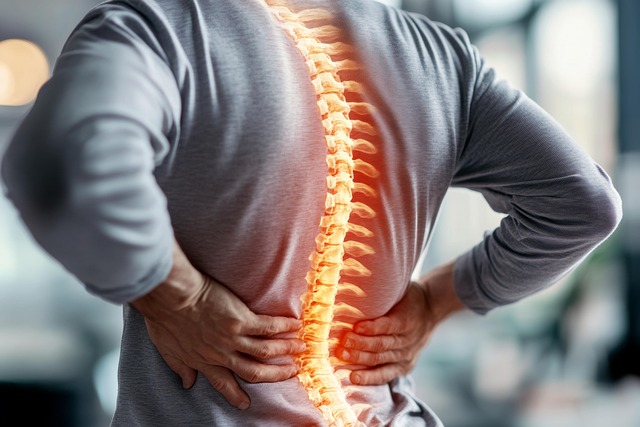
Chiropractic management plays a significant role in healing slipped or herniated discs resulting from rear-end collisions. After a car crash, many individuals seek chiropractic care as a non-invasive approach to alleviate pain and restore spinal health. Chiropractic professionals are trained to diagnose and treat musculoskeletal disorders, including those caused by automotive accidents.
In the case of herniated discs, chiropractors employ various techniques such as spinal adjustments, joint manipulation, and specific exercises to reduce disc pressure and promote healing. These methods aim to improve nerve function, reduce inflammation, and restore mobility in the affected area. Chiropractic management offers a conservative treatment option, often preferred by patients seeking alternative solutions to avoid surgery after a post-car crash injury.
Post-Car Crash Recovery: A Comprehensive Guide
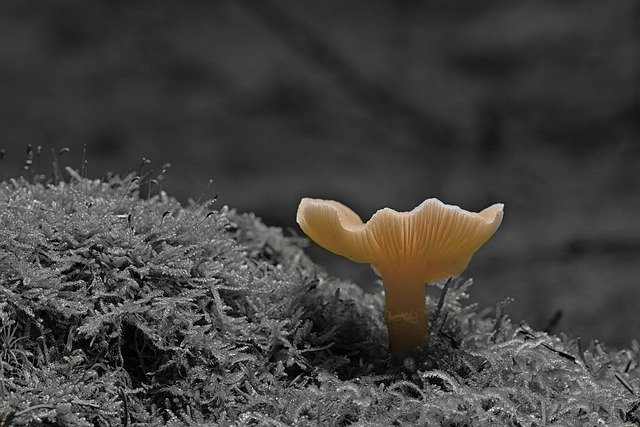
After a rear-end collision, proper healing and recovery for herniated or slipped discs require a comprehensive approach. Chiropractic management plays a pivotal role in this process, focusing on reducing pain, improving mobility, and promoting disc health. Chiropractors utilize various techniques such as adjustments, gentle manipulation, and specific exercises to support the spine’s natural healing mechanisms.
In the immediate aftermath of a car crash, it’s crucial to seek professional care promptly. Chiropractic care post-car crash can help mitigate inflammation, alleviate pressure on affected nerves, and prevent further damage. Additionally, regular sessions can aid in restoring proper spinal alignment, ensuring optimal recovery for herniated discs and related symptoms like pain, numbness, or weakness in the back, neck, or limbs.
Effective Treatments for Pain Relief and Healing

Many individuals suffering from slipped or herniated discs after a rear-end collision turn to chiropractic management for effective treatments. Chiropractic care offers a non-invasive approach to pain relief and healing. Chiropractors utilize various techniques, including spinal manipulation, to reduce disc pressure and alleviate pain. They also provide guidance on posture, exercises, and lifestyle changes to support the healing process.
In addition to chiropractic management, other treatments like physical therapy, medication, and alternative therapies can be beneficial for those with herniated discs post-car crash. Physical therapy focuses on strengthening the back and core muscles, improving flexibility, and enhancing overall stability. Medications, such as pain relievers and anti-inflammatory drugs, can help manage symptoms temporarily. Alternative therapies like acupuncture and massage may also offer relief by reducing muscle tension and promoting relaxation.
In light of the above discussions, it’s clear that chiropractic management plays a pivotal role in healing slipped discs resulting from rear-end collisions. By understanding effective treatments like chiropractic care and implementing a comprehensive guide for post-car crash recovery, individuals can significantly alleviate pain and promote healing. Incorporating these strategies ensures a more efficient route to recovery, making chiropractic management an excellent approach for those dealing with herniated discs after such incidents.
